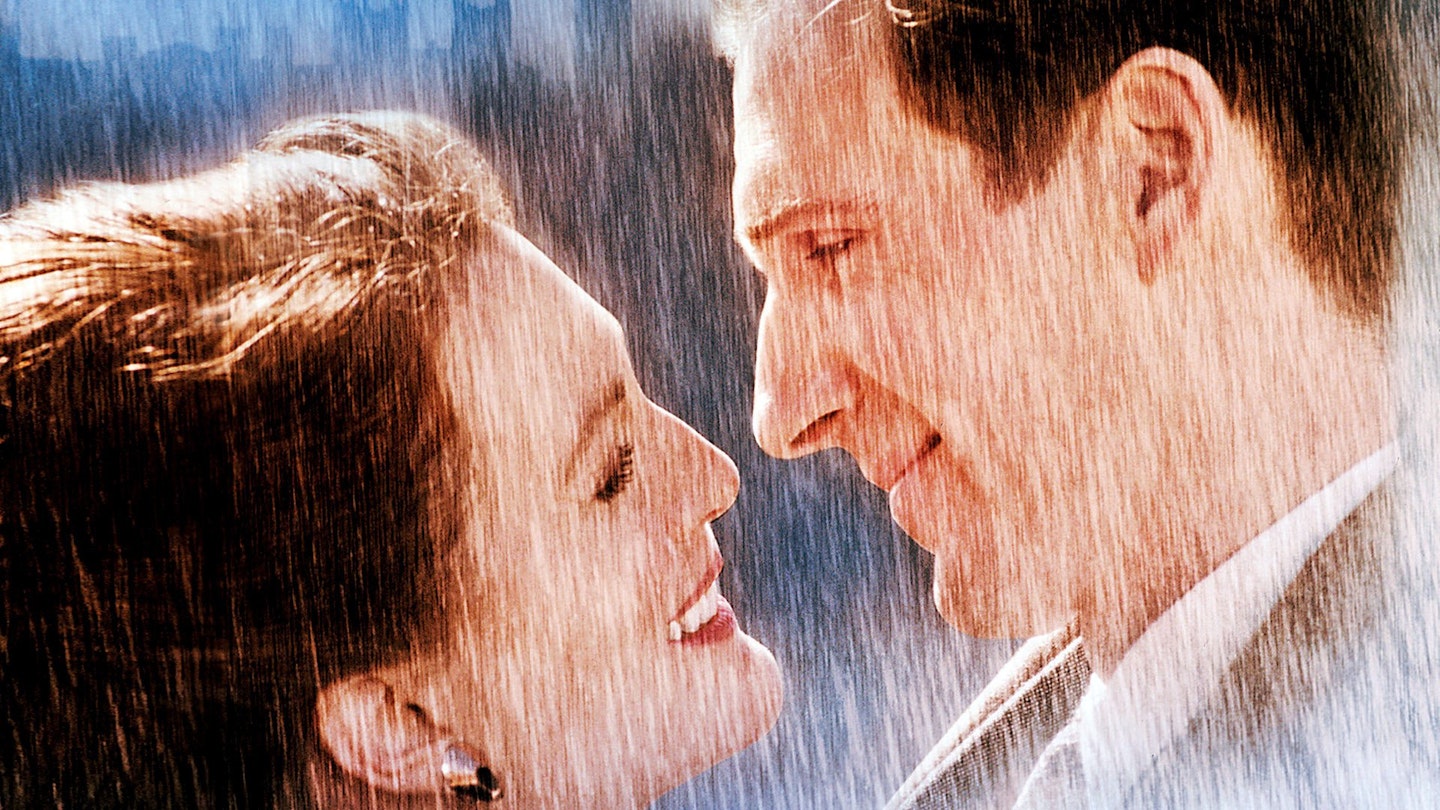While his actual books tended to feature a good deal of internal angst-ridden rumination, Graham Greene was always aware that the cinematic medium requires a much snappier pace, as his screenplay for the re-released The Third Man (1949) amply demonstrates. Unfortunately, it is a lesson that those responsible for The End Of The Affair have singularly failed to take on board.
Based on Greene's roman-à-clef and told in a series of sometimes bewilderingly intricate flashbacks, the film stars Fiennes as novelist Maurice Bendrix who, after discovering bureaucrat pal Henry Miles (Rea) in a distressed state, learns of his friends fears that Mrs. Miles (Moore) is playing away from home. Having spent most of World War II exchanging a good deal more than ration coupons with the lady in question, this doesn't exactly come as big news to Bendrix. Nevertheless, consumed by jealousy, the writer employs a firm of private detectives to discover the truth about his ex-mistress' new lover, thus setting off a train of events that will end in remorse, tragedy and a good deal of anti-religious railing.
Indeed, although the film is theoretically a love triangle, the entire structure has a more square-ish feel to it with God Himself occupying the fourth corner. The result is a scenario which, while intriguing on the page, rather bogs things down on the screen. Not that the result is by any means a disaster. Both Moore and Rea are excellent, as is Sandy Powell's costume design, while fans of the unclothed Fiennes derrière should have little to complain about. Best of all though is Ian Hart's turn as the world's most morally-inclined private dick - yet more proof that someone should give this guy a proper leading role again before he gets forever pigeonholed as our very own Buscemi-style cameo king.
